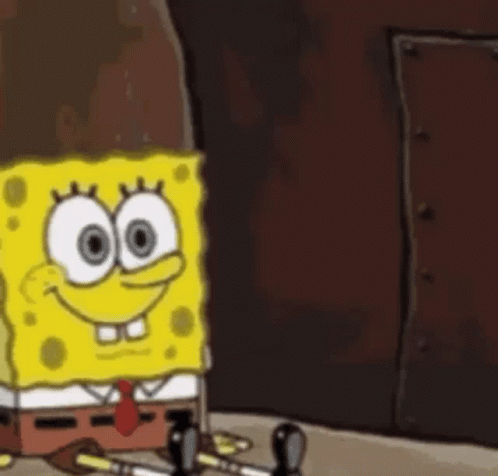I was just reading Blackthorn’s Botanical Brews: Herbal Potions, Magical Teas, and Spirited Libations by Amy Blackthorn. (https://www.amazon.com.au/Blackthorns-Botanical-Brews-Spirited-Libations/dp/1578637155)
Anyway, there were a few interesting sections that I wanted to share. But I’ll go one at a time. ![]()
Art and Science
When asking a witch what magic is, one is likely to get several mixed answers. The most common is Aleister Crowley’s definition, which resonates with me: “Magic is the art and science of creating change in accordance with will.” That’s a lot of information to take in.
Crowley didn’t put “art and science” in there by mistake. The art of magic is entirely separate from the science of magic. The art of magic is the difference between a painting by one of the masters and a paint-by-numbers copy. Creating magic has art involved, in the same way painting does. Anyone can paint and have fun with it, just as anyone can recite a rhyming couplet. (Yes, anyone. Signed languages have as much art and poetry as any spoken word.) What makes the difference between a rhyming couplet and magic is the spirit of the person reciting them.
I will summarise the next bit.
Science and Magic
Some feel that science and magic are antithetical, but scientists make great witches. In a way, both witches and scientists use the Scientific Method. For those of you who are a little rusty, the Scientific Method is a (generally) agreed-upon set of procedures in investigating anything related to science.
7 Steps of the Scientific Method
- Pose your question.
- Design and conduct research.
- Form your hypothesis.
- Experiment, testing the hypothesis.
- Make observations based on the data you collect during the experiments.
- Use your results to form your conclusion.
- Communicate with others in the field and out.
7 Steps of the Witchcraft Method
- State the need.
- Conduct research.
- Write the spell/ritual.
- Do the thing.
- Make observations.
- Use your results to form your conclusion.
- Communicate. Present/share your results. Replicate.
That the parallel is drawn so clearly between the two is really cool. ![]() Maybe that’s my INTP talking (What is your MBTI? - #6 by starborn), but hey, I love it!
Maybe that’s my INTP talking (What is your MBTI? - #6 by starborn), but hey, I love it!


